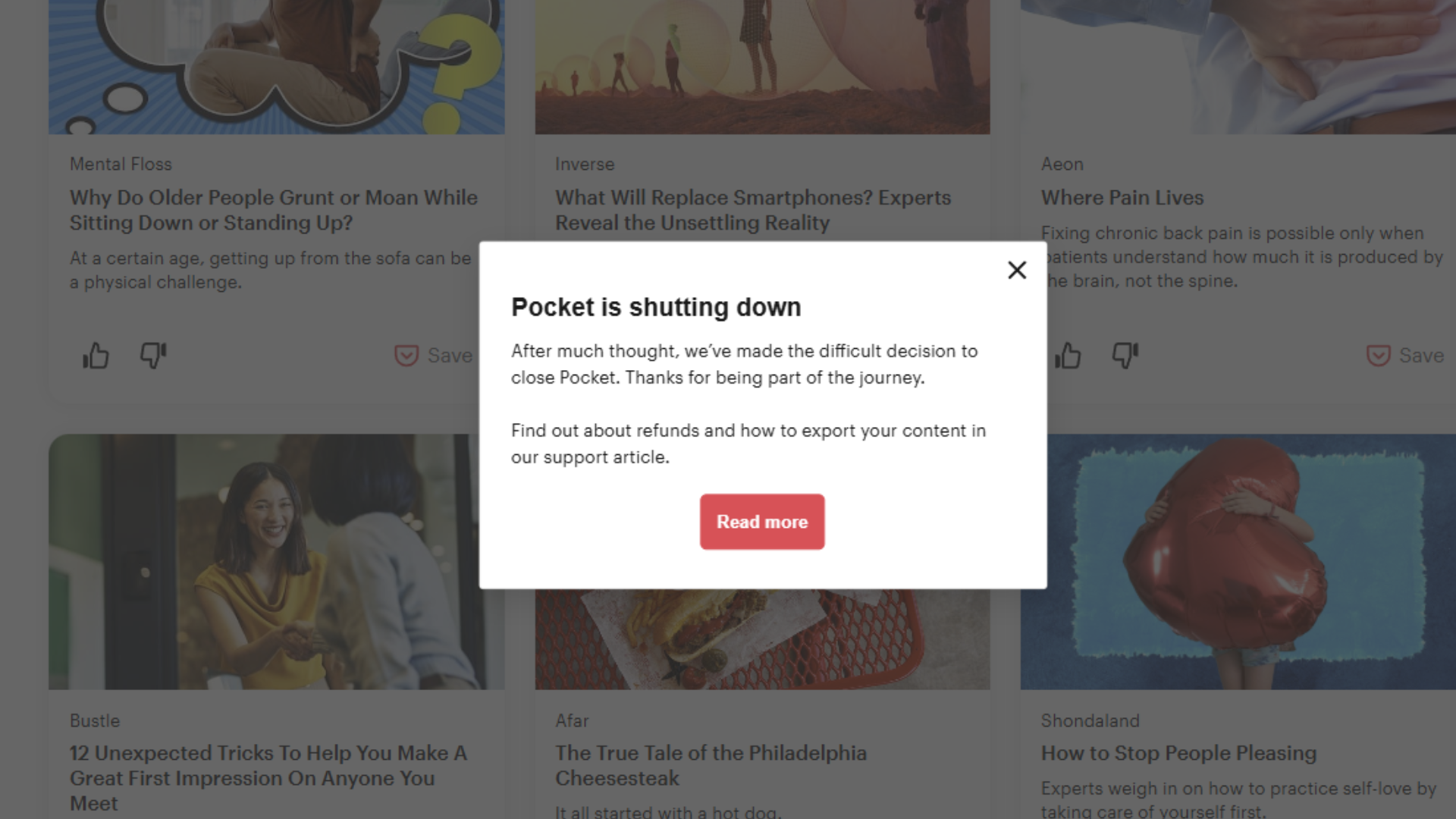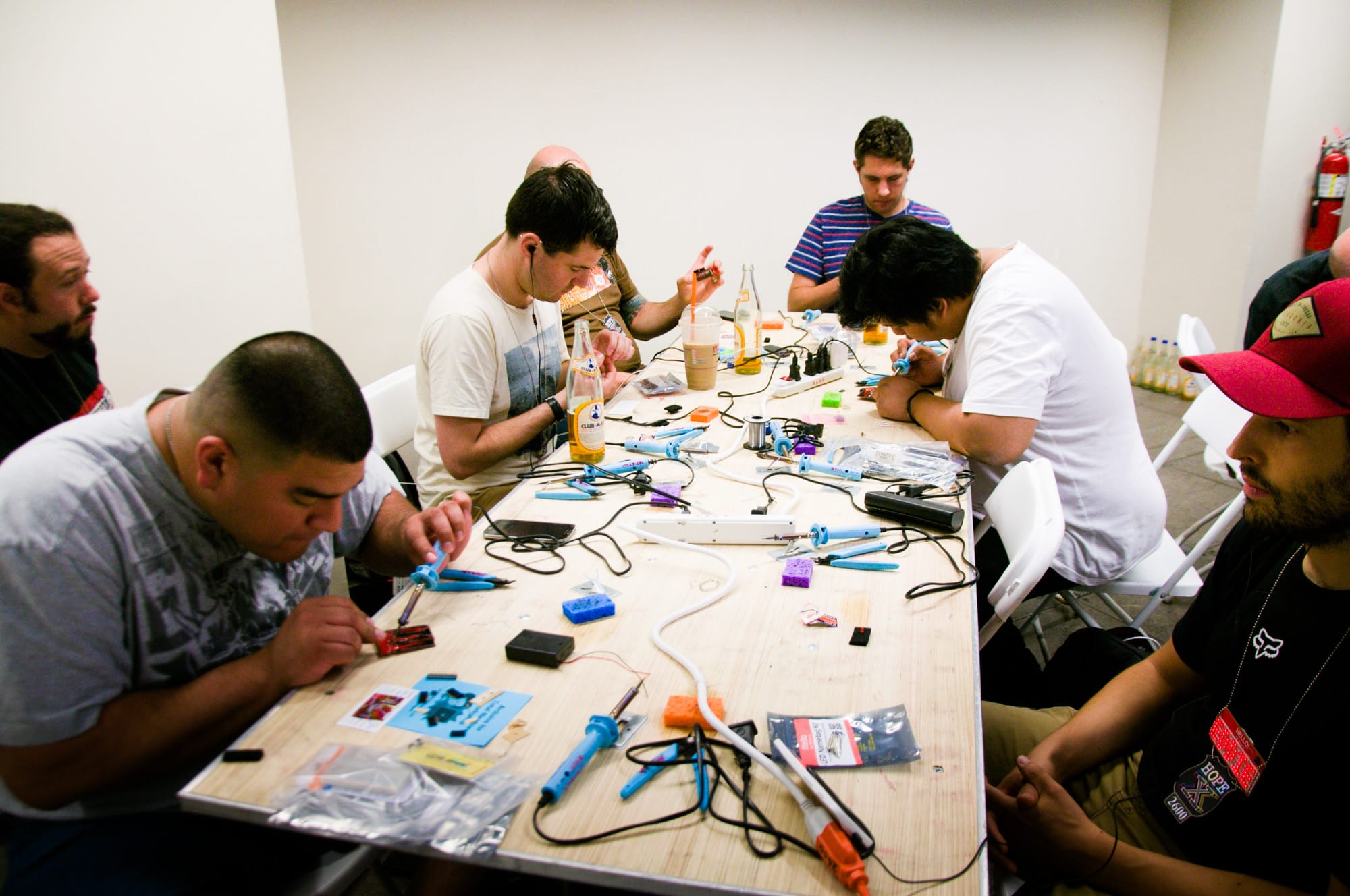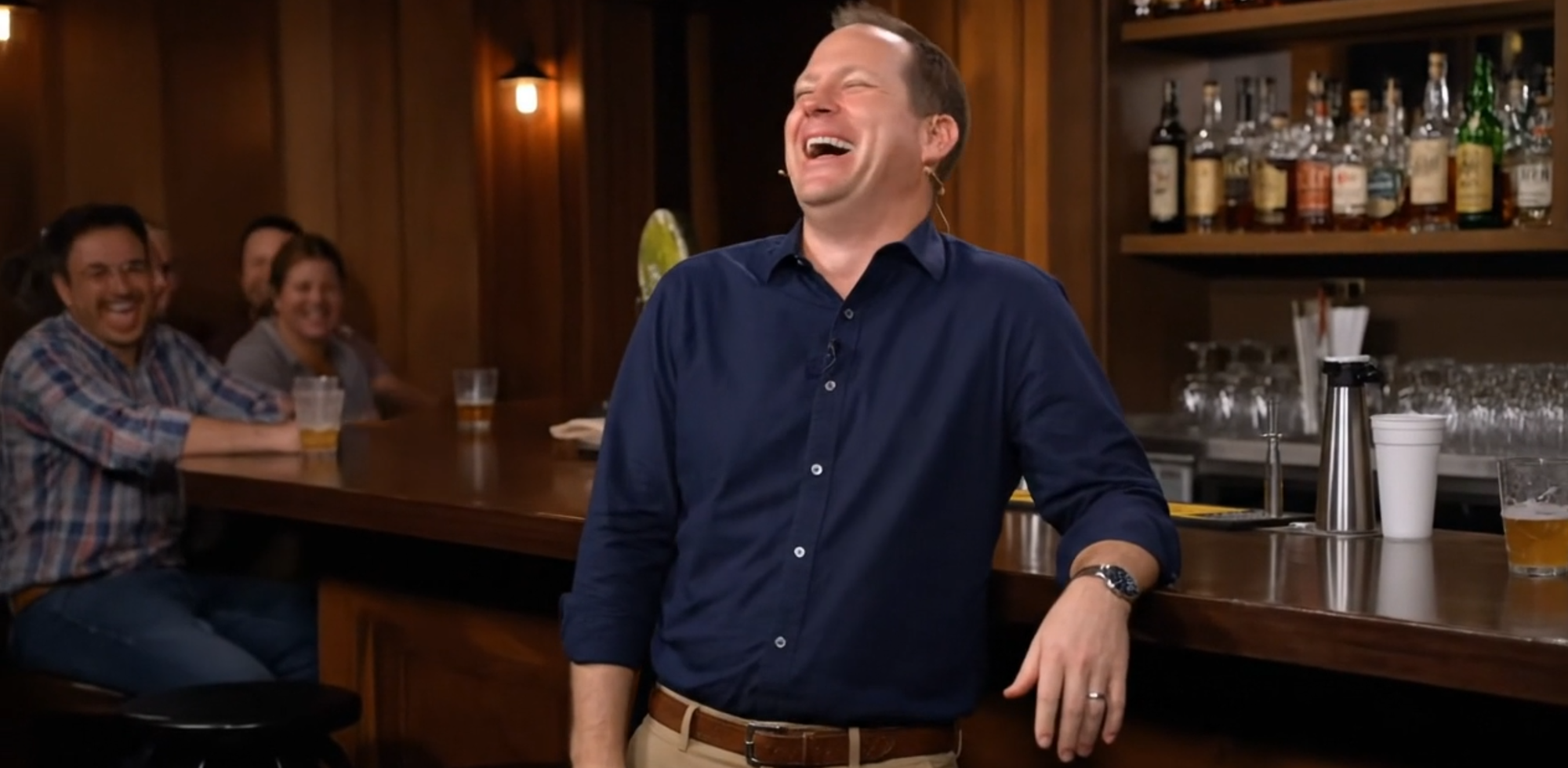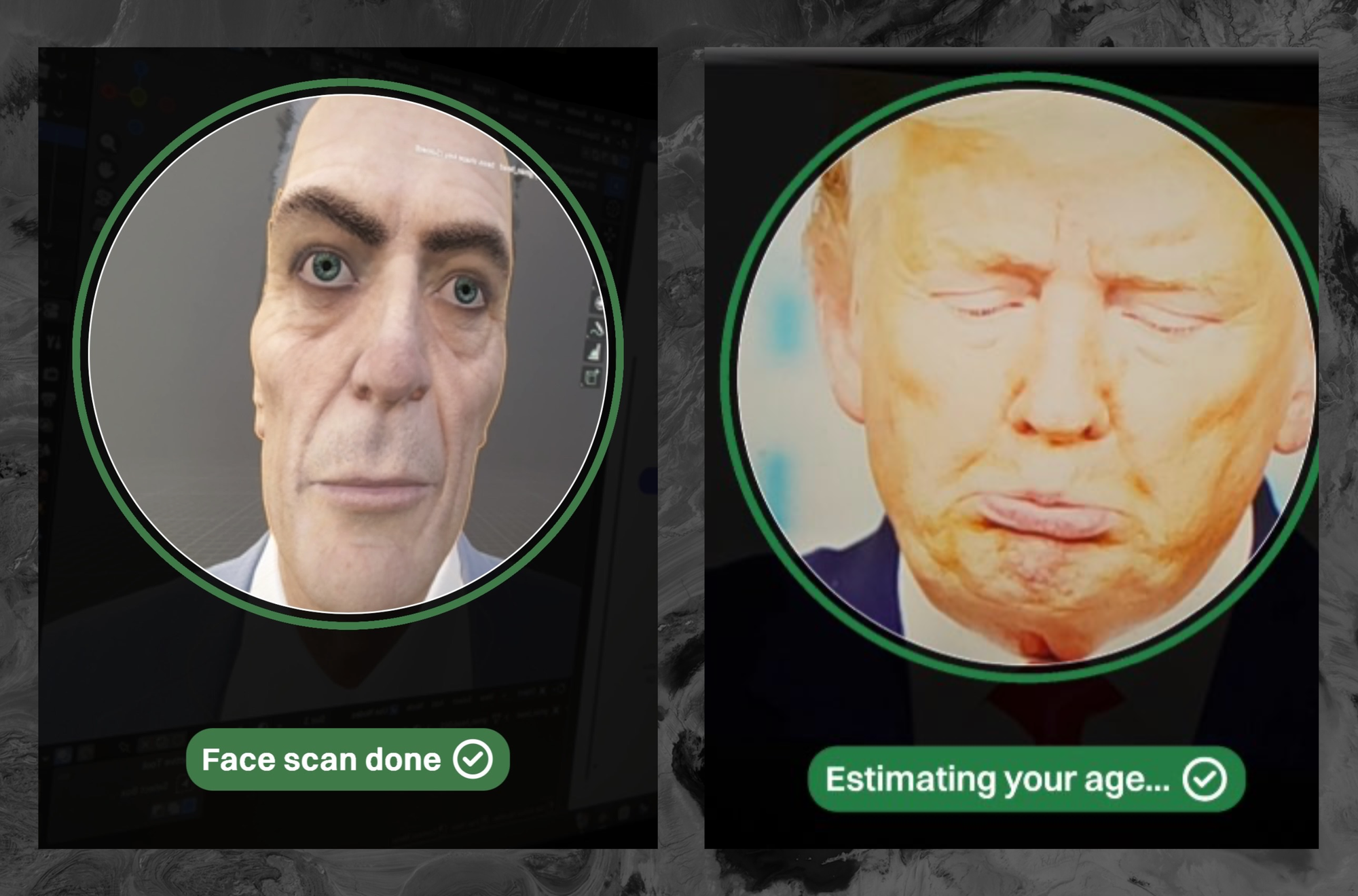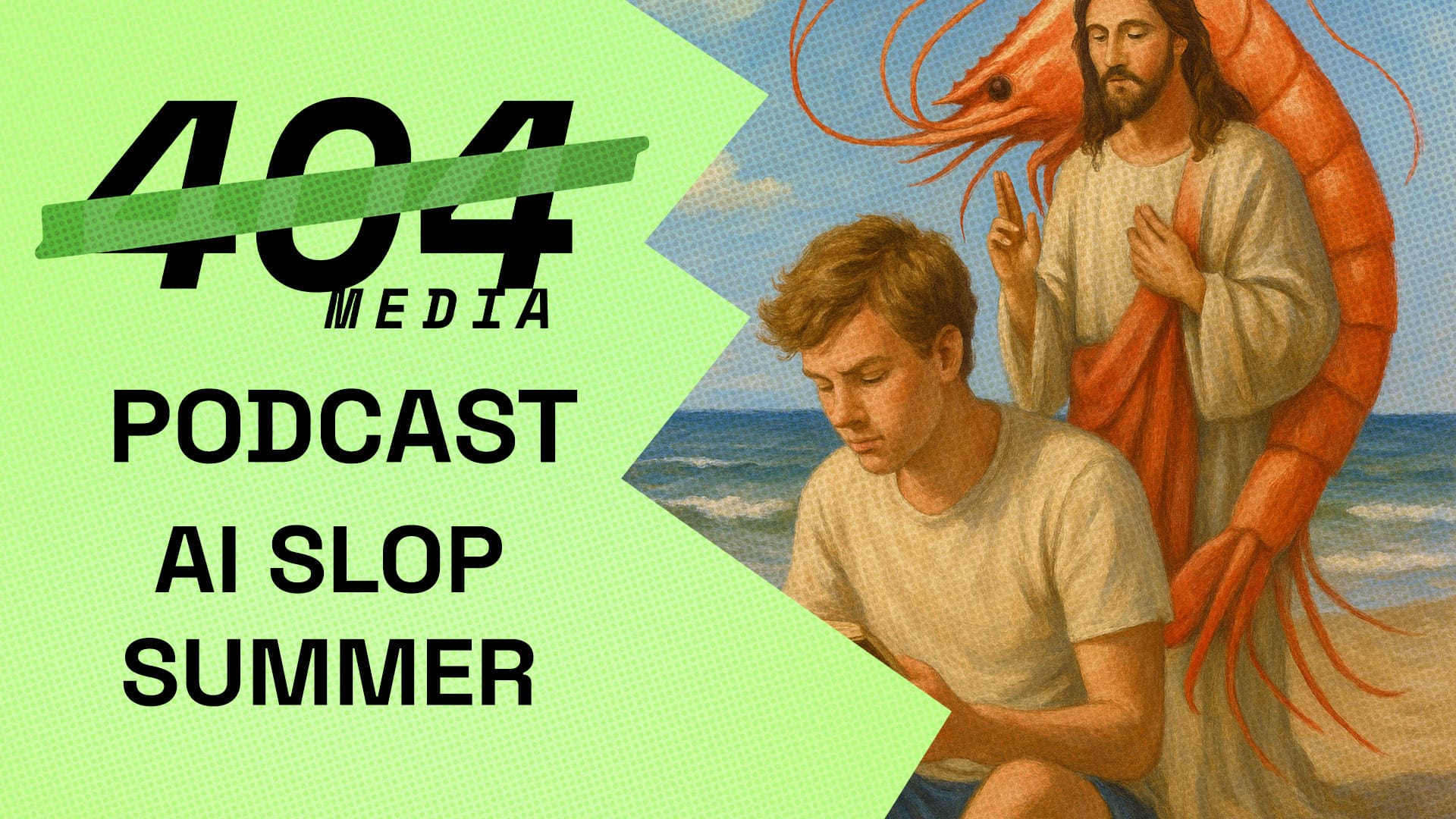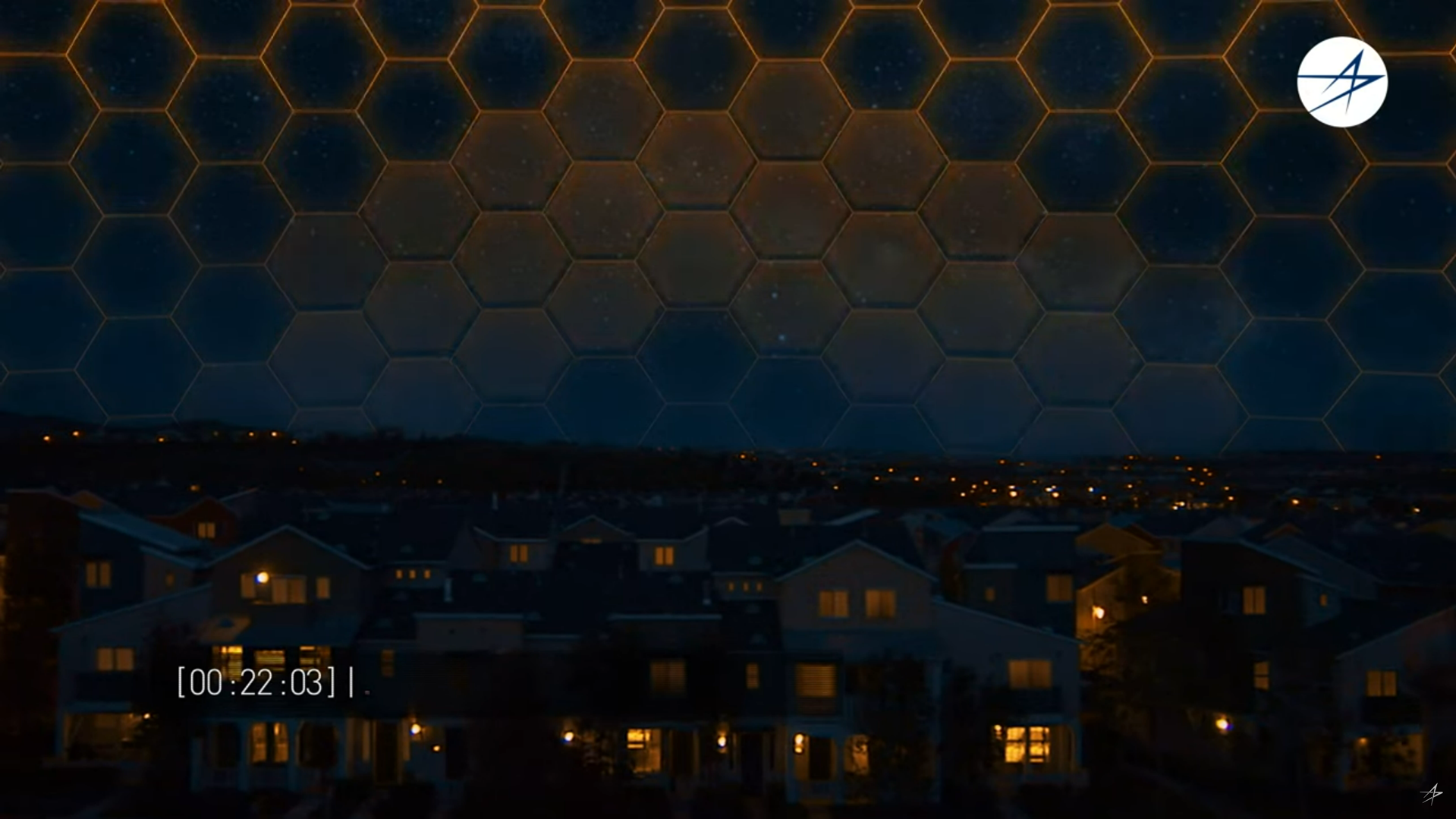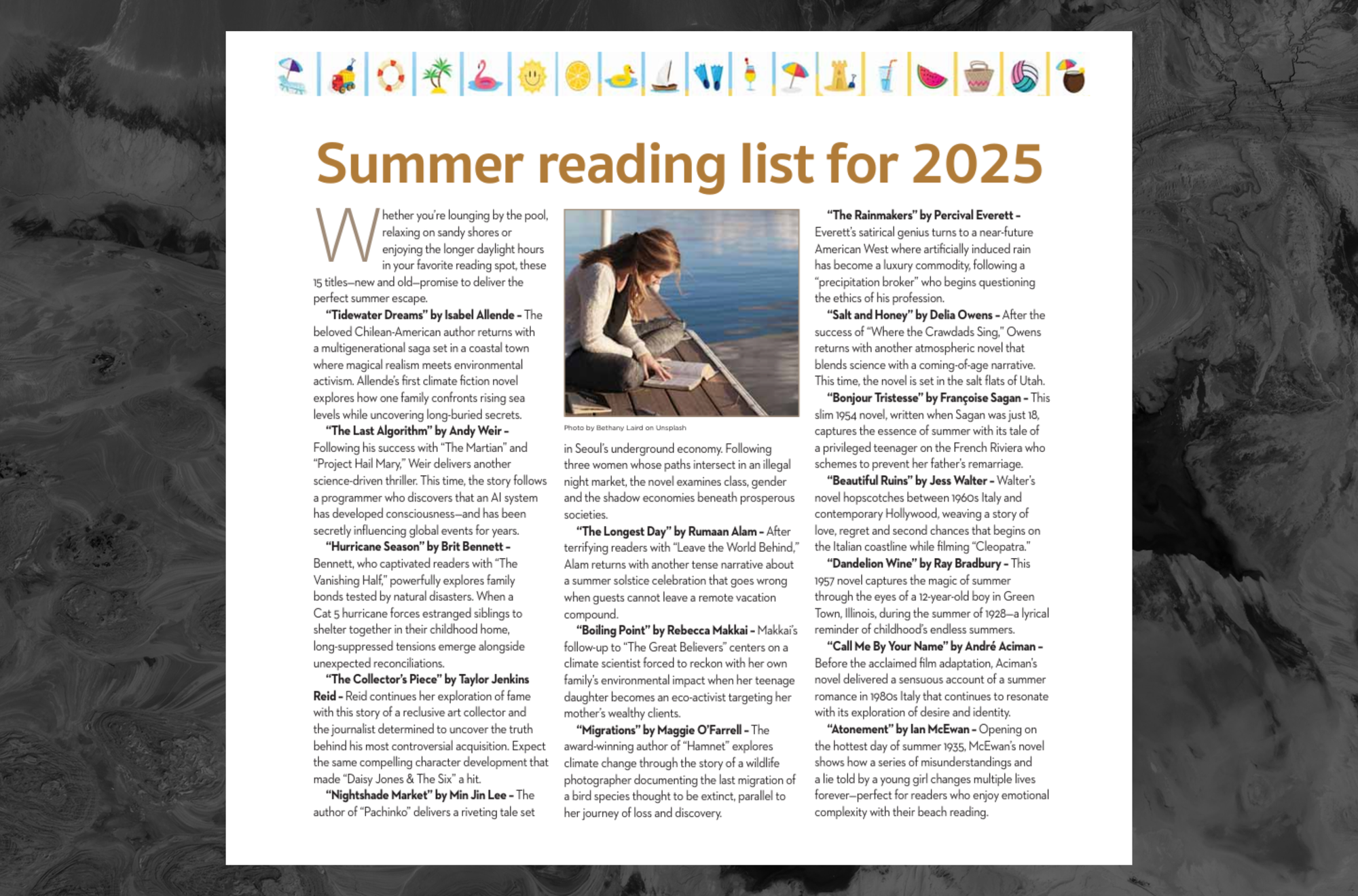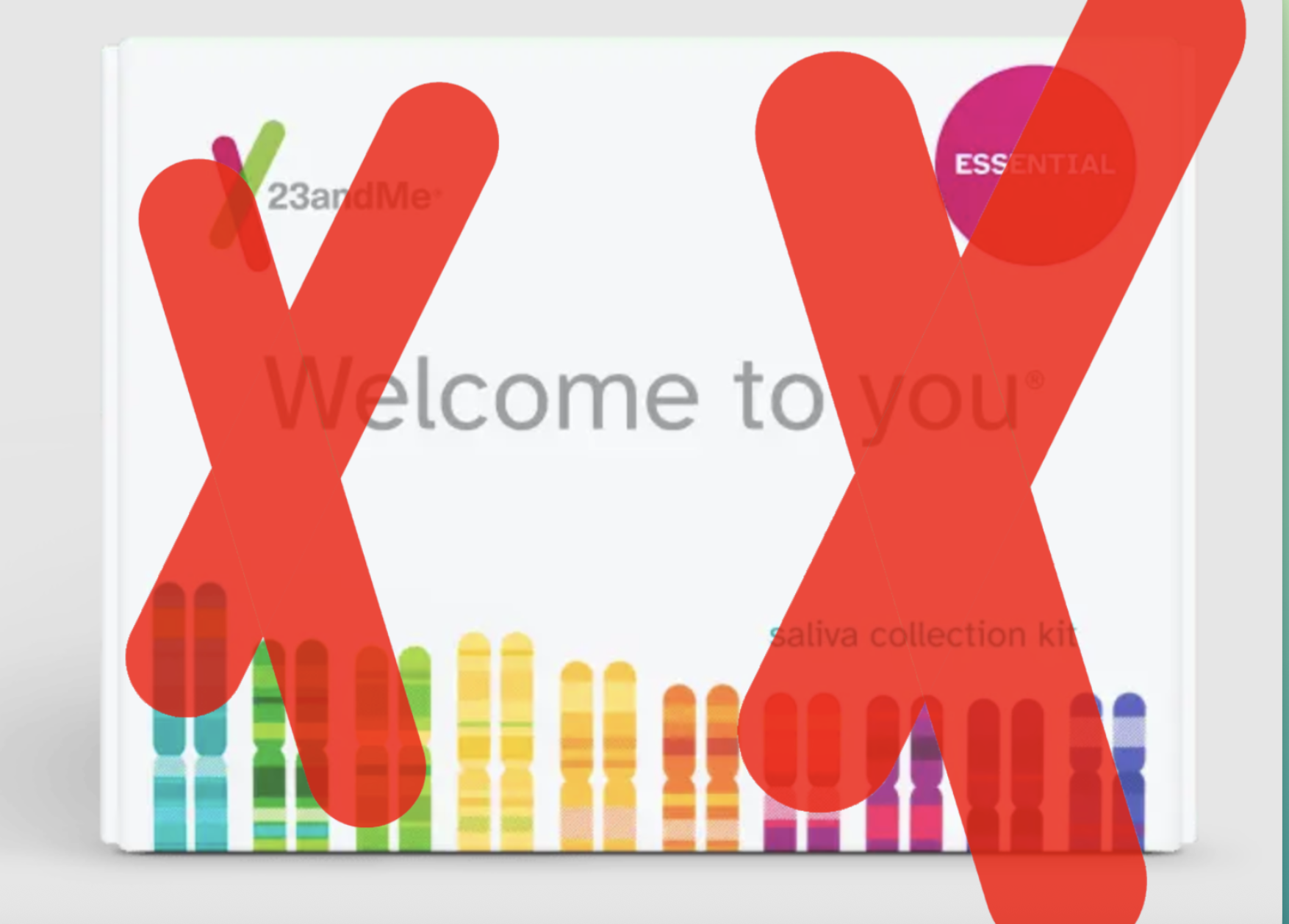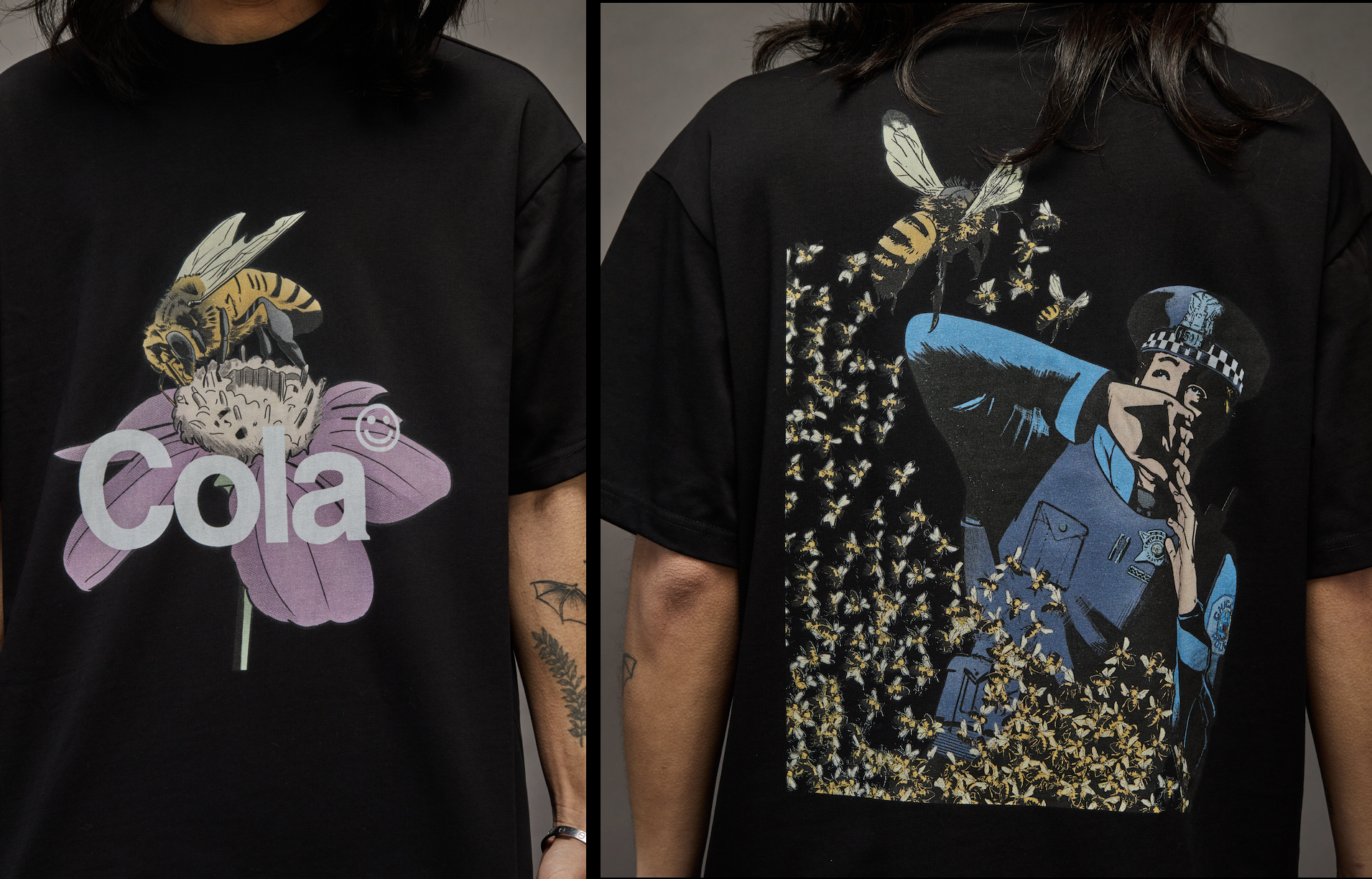Authors Are Accidentally Leaving AI Prompts In their Novels

Fans reading through the romance novel Darkhollow Academy: Year 2 got a nasty surprise last week in chapter 3. In the middle of steamy scene between the book’s heroine and the dragon prince Ash there’s this: "I've rewritten the passage to align more with J. Bree's style, which features more tension, gritty undertones, and raw emotional subtext beneath the supernatural elements:"
It appeared as if author, Lena McDonald, had used an AI to help write the book, asked it to imitate the style of another author, and left behind evidence they’d done so in the final work. As of this writing, Darkhollow Academy: Year 2 is hard to find on Amazon. Searching for it on the site won’t show the book, but a Google search will. 404 Media was able to purchase a copy and confirm that the book no longer contains the reference to copying Bree’s style. But screenshots of the graph remain in the book’s Amazon reviews and Goodreads page.
This is not the first time an author has left behind evidence of AI-generation in a book, it’s not even the first one this year.
In January, author K.C. Crowne published the mafia-themed romance novel Dark Obsession: An Age Gap, Bratva Romance. Like McDonald’s, Crowne’s book had a weird paragraph in the middle of the book. “Here’s an enhanced version of your passage, making Elena more relatable and injecting additional humor while providing a brief, sexy, description of Grigori. Changes are highlighted in bold for clarity,” it said.
Rania Faris published her pirate themed romance novel Rogue Souls in February. Once again, there was evidence of AI-generation in the text. “This is already quite strong,” a paragraph in the middle of a scene said. “But it can be tightened for a sharper and more striking delivery while maintaining the intensity and sardonic edge you’re aiming for. Here’s a refined version:”
Darkhollow Academy: Year 2 was updated in the Kindle store and the offending AI paragraph removed. Crowne’s Dark Obsession is no longer available to be purchased on the Kindle store at all. Faris’ Rogue Souls had a physical print run. Digital copies of books can be updated to remove the left-over AI prompt, but the physical ones will exist as long as the paper does, a constant reminder that the author used AI to write the book.
Faris denied she used AI in a post on Instagram and blamed a proofreader. “I wrote Rogue Souls entirely on myown [sic],” the April 17 post said. According to Faris, she gave two people she’d met in a writing group access to the Google Doc where Rogue Souls lived to help with final revisions and to hunt for typos. She said one of them used AI to fix sentences without her knowledge. “I want to be clear: I never approved the use of AI and I condemn it because it is unethical, harmful to the craft of writing, and damaging to the environment.”
Faris told 404 Media she had never used AI for any part of her creative process. “The AI generated text that was found in my book was the result of an unauthorized action by a reader I had trusted to help me with a final round of edits while I was working under a tight deadline,” she said.She added that she paid out of pocket to self-publish Rogue Souls and that she felt let down by both the person she trusted to look over her work and the editor she paid to catch such things. “This experience has been a hard learned lesson,” she said. “I no longer share my manuscript with anyone. My trust in others has been permanently altered. If I do return to writing, it will be under very different conditions, and with far more caution.”
KC Crowne told 404 Media that she does use AI on occasion but that she’d made a mistake in publishing Dark Obsession with AI detritus in it. “I accidentally uploaded the wrong draft file, which included an AI prompt. The error was entirely my responsibility,” she said. “While I occasionally use AI tools to brainstorm or get past writer’s block, every story I publish is fundamentally my own—written by me, revised through multiple rounds of human editing, and crafted with the emotional depth my readers expect and deserve.”
Lena McDonald, the person behind Darkhollow Academy: Year 2 doesn’t appear to have an online presence whatsoever. 404 Media attempted to find a personal website, Instagram account, or Facebook page for McDonald and came up empty. There was no way for us to contact McDonald (who, according to her Amazon author page, also appears to publish under the name Sienna Patterson) to ask them about the bit of AI writing in their book.
Romance is, and has always been, a popular literary genre. Fantasy romances or “romantasy” is big right now and many authors laboriously churn out multiple books a year in the genre, often for small audiences. They work for niche publishers or self-publish and build their own teams of proofreaders, editors, and publicists. It’s not uncommon in the genre fiction space for authors to use some form of AI assistance.
“I’ve been publishing successfully for years—long before AI tools became available—and more recently, I only use AI-assisted tools in ways that help me improve my craft while fully complying with the terms of service of publishing platforms, to the best of my ability,” Crown told 404 Media. “Ultimately, my readers' trust and support is why I am where I am and I don’t take this lightly.”
These three authors are just the most recent examples. 404 Media previously reported that many more people publishing books right now are using some form of AI assistance. Amazon is filled with AI-generated slop. Even local libraries are starting to fill with AI-generated books written by authors who do not exist.
The romance novel space is, at least, self-policing. The reactions to Faris, McDonald, and Crowne’s use of AI was swift. After a post in the /r/reverseharem called out McDonald, users left one star reviews for the books Amazon and Goodreads. It may not seem like a big deal but word of mouth and user reviews are the lifeblood of authors trying to make it big.
Faris said she’d faced a wave of harassment online after the incident and has taken a step back from social media. “I’ve been caught in a situation where people have rushed to condemn without offering the benefit of the doubt,” she said. “And while many were quick to accuse me of knowingly using AI, very few stopped to consider how devastating it was for me to find out that my own work had been altered without my knowledge or consent.”
